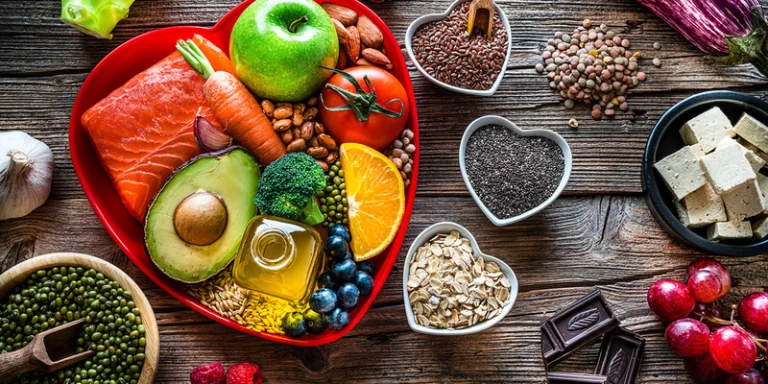Protein-rich foods you need to know to supplement properly
Protein is an important nutrient involved in building and repairing tissues in the body, including organs, muscles, skin and hormones. Each of us needs to supplement the necessary amount of protein every day for optimal health. The following article will help you know which foods are rich in protein to supplement properly.
The Reference Daily Intake (RDI) of protein for women is 46 grams and for men is 56 grams. It is important that we know how to incorporate protein-rich foods into the menu to have delicious and healthy meals. Below is a list of protein-rich foods you can refer to:
The easiest protein-rich food to find is eggs
Eggs are extremely nutritious, providing a rich source of vitamins, minerals, healthy fats and antioxidants that help protect the eyes and nourish the brain.

In particular, eggs are also a food rich in protein, in which egg whites are almost pure protein. One large egg provides 6 grams of protein with only 78 calories. However, people who are allergic to eggs should avoid them.
Almond
Almonds contain a wealth of essential nutrients, including fiber, vitamin E, manganese and magnesium. They are a great snack for those looking to add more protein to their diet. However, people with nut allergies should stay away from almonds and other nut-based proteins.
Chicken breast
Chicken breasts have long been a staple in high-protein diets due to their versatility and high protein content, with 75% of calories coming from protein. One skinless grilled chicken breast provides 53 grams of protein with only 284 calories. It’s no surprise that chicken breast is a great choice for those looking for a lean source of protein.
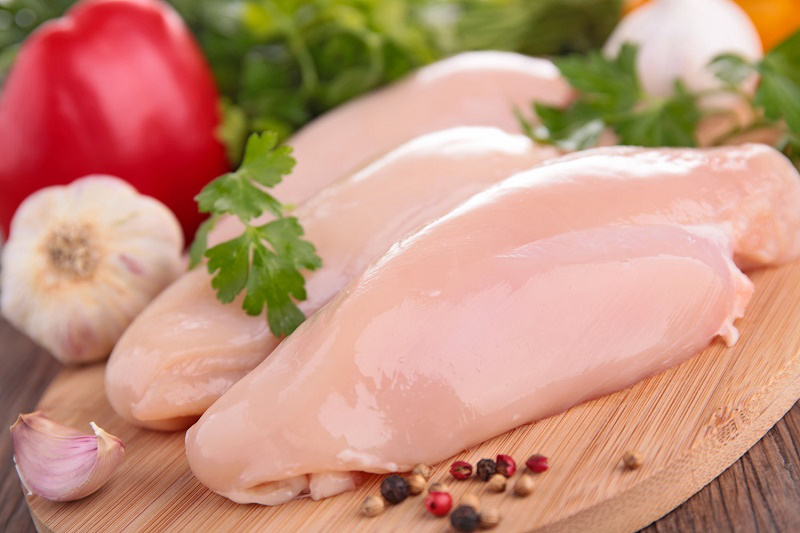
Oat
Oats are one of the healthiest grains, packed with fiber, magnesium, manganese, thiamine, and other essential nutrients. They provide good protein content, with 14% of calories coming from protein. One cup of oatmeal provides 11 grams of protein along with 307 calories, making it a nutritious breakfast choice.
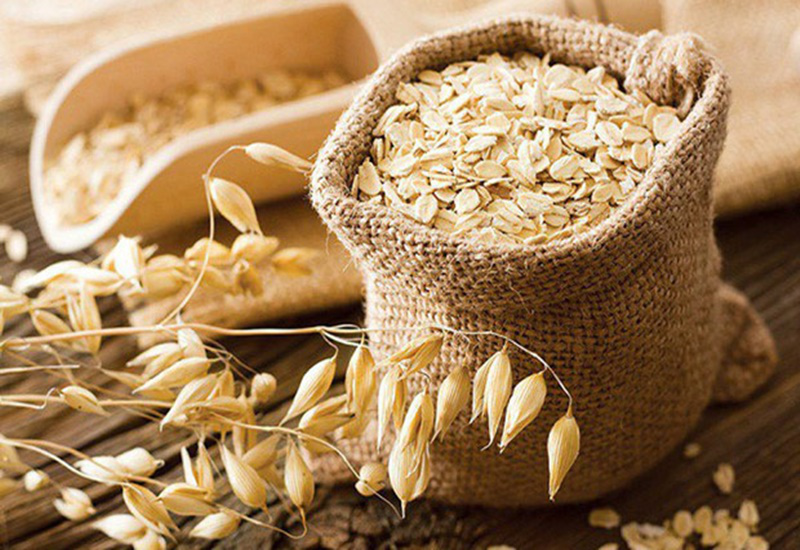
Fresh cheese
Fresh cheese is prized for its low fat and calorie content while being rich in calcium, phosphorus, selenium, vitamin B12, riboflavin and protein. With 69% of calories derived from protein, one cup of 1% fat cottage cheese provides 28 grams of protein for just 163 calories. Other cheeses such as Parmesan, Swiss, mozzarella and cheddar are also good sources of protein, meeting diverse tastes and dietary needs.
Greek yogurt
Greek yogurt is highly prized in the Western diet because of its versatility, being able to be used in both sweet and savory dishes. This protein-rich food provides 69% of its calories from protein, a 6-ounce serving contains 17 grams of protein and only 100 calories so it’s no surprise that Greek yogurt is a nutritious choice for any meal.
Milk: Complete source of nutrition
Milk is a complete source of nutrition, providing high quality protein, calcium, phosphorus and riboflavin (vitamin B2). For those concerned about the amount of fat in milk, manufacturers always offer low-fat or fat-free options. However, people with lactose intolerance should be cautious when drinking milk because they may experience digestive problems.
Broccoli
Broccoli stands out among vegetables because of its high protein content, along with being a rich source of vitamin C, vitamin K, fiber and potassium. It also contains bioactive nutrients that may protect the body against cancer.
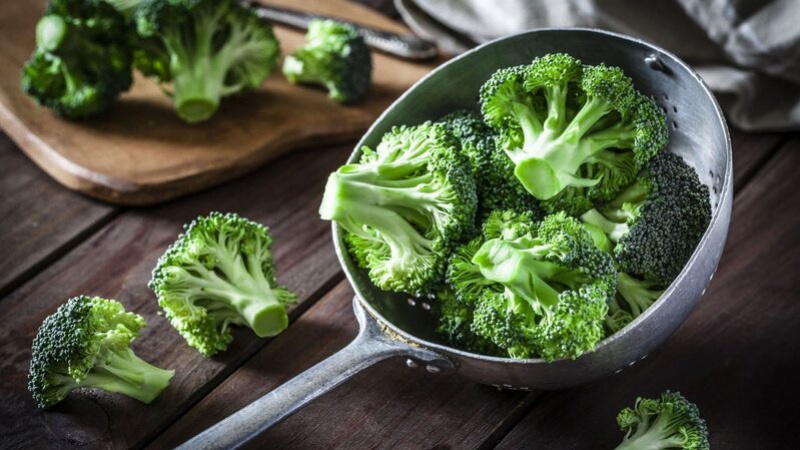
Lean beef
Lean beef is not only rich in protein but also provides bioavailable iron, vitamin B12 and many other essential nutrients. This food is a suitable choice for low-carb diets and those looking to increase their protein intake.
Tuna
Tuna provides high protein content, low fat and calories, so you can incorporate it into many different dishes, from salads to grilled and braised dishes. Tuna is also rich in omega-3 fats and other valuable nutrients.
Quinoa
Quinoa is hailed as a superfood due to its rich vitamin, mineral, fiber and antioxidant content. It offers many health benefits, including good protein content. One cup of cooked quinoa contains 8 grams of protein, so this is a protein-rich food you should not miss.
Lentils
Lentils are a legume rich in fiber, magnesium, potassium, iron, folate and other nutrients. This is an excellent source of plant-based protein, especially beneficial for vegetarians and vegans. In addition to lentils, other protein-rich beans include soybeans, red beans and green beans.
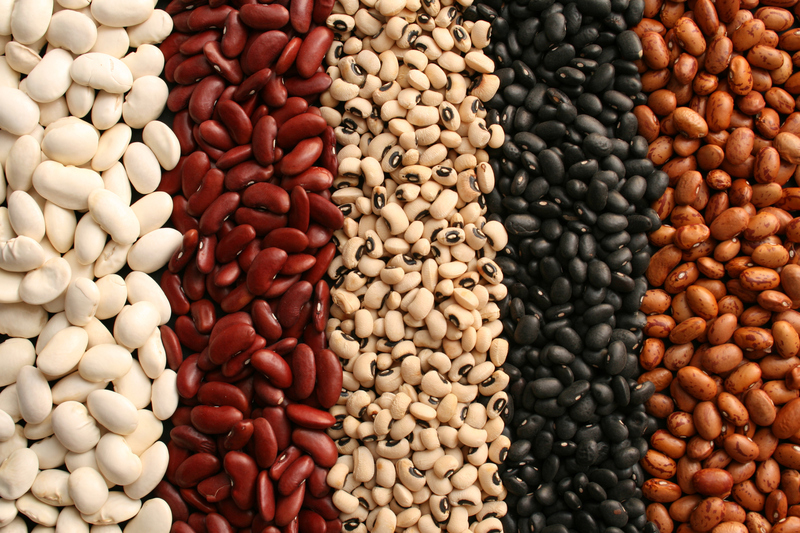
Pumpkin seeds
Pumpkin seeds are a good source of nutrients like iron, magnesium and zinc. With 22% of calories coming from protein, one ounce (28 grams) provides 9 grams of protein and 158 calories. Other seeds such as flaxseeds, sunflower seeds and chia seeds also provide good protein content, making them very nutritious snacks.
Fish
All types of fish are healthy, providing essential nutrients and in many cases also containing high levels of omega-3 fatty acids, which are important for heart health. Incorporating a variety of fish into your diet will ensure your daily protein needs are met, while also supporting heart health.
Shrimp
Shrimp is a low-calorie seafood choice without sacrificing nutrients. This is a great source of selenium, vitamin B12 and omega-3 fatty acids for those looking to increase their protein intake without adding too many calories.
Brussels sprouts
Although Brussels sprouts are small in size, they contain a lot of nutrients. Similar to broccoli but higher in protein, this tiny vegetable is high in fiber, vitamin C and other essential nutrients, making it perfect for a high-protein diet.
Peanut
Peanuts are a rich source of protein, fiber and magnesium. Studies have shown that they can be an effective part of a weight loss diet. Peanut butter, while high in protein, is high in calories, so consuming this food in moderation is important. However, note that peanuts and peanut butter are not suitable for people with nut allergies.
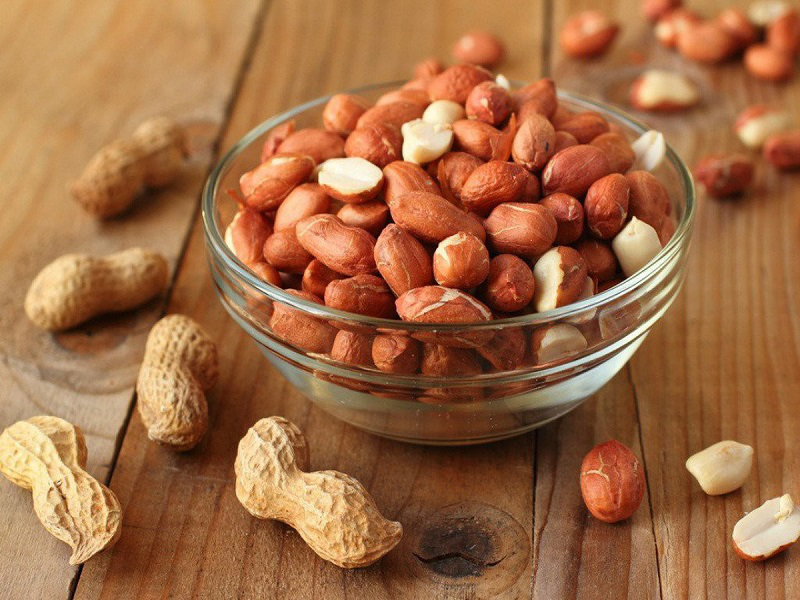
Above is information to help you identify popular protein-rich foods that can be effectively incorporated into daily meals. Whether you’re looking to build muscle, lose weight or simply maintain a healthy, balanced diet, these are foods that provide both nutrition and delicious taste.
Source: nhathuoclongchau




